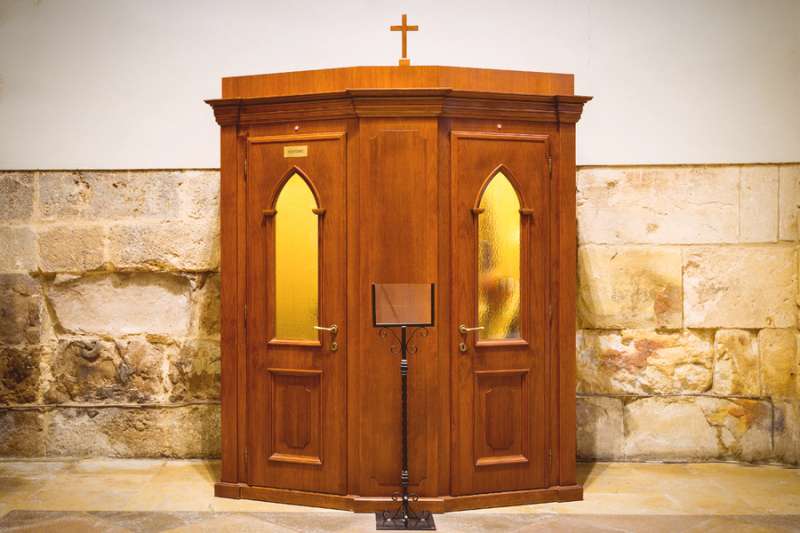A proposed ban on the sacrament of confession suggested by a government body in India was slammed by Catholic leaders as an unconstitutional violation of religious freedom.
The move to abolish confessions in all churches in the nation was put forth by India’s National Commission for Women, a government advisory agency.
The proposal, which was part of a larger report on church sexual abuse, follows two recent scandals in India involving confession, including one in which a bishop was accused of raping a nun, and another in which four priests of the Syro-Malankara Orthodox Church were accused of using confession to blackmail and sexually abuse a 34 year-old married woman.
Cardinal Oswald Gracias, archbishop of Bombay and president of the Catholic Bishops Conference of India (CBCI), said in a statement he was “shocked” by the proposed ban.
“(The ban) betrays a total lack of understanding of the nature, meaning, sanctity and importance of this Sacrament for our people; and also an ignorance of the strict laws of the Church to prevent any abuse,” he said. Furthermore, were such a ban actually enacted, it would be a violation of the freedom of religion guaranteed by the country’s constitution, Gracias said.
“Millions of people from all over the world, over the centuries, have testified to the spiritual benefit of this Sacrament and to the grace, pardon and peace they have experienced as a result of receiving this Sacrament,” he added. “I am confident the Government will totally ignore this absurd demand from the Commission.”
Gracias said the government should focus on broader issues such as domestic violence, the protection of battered women and women’s development and empowerment.
“The Church wishes to promote even more the advancement of women in society and is ready to collaborate with the National Commission for Women for this, as it does with other agencies.”
In an interview with Vatican News, Gracias noted that he was even more confident that the ban would not pass, since a government minister publicly said he did not agree with the ban.
Several religious leaders from throughout the country joined in criticizing the ban.
Cardinal Baselios Cleemis, the major archbishop of Trivandrum and leader of the Syro-Malankara Catholic Church, said that the ban was too broad of a response to a few specific criminal incidents.
“You can’t generalize things citing some incidents. If there is a crime, the law of the land should deal with it. You can’t blame religious customs citing this,” he said, according to Vatican News.
Father Varghese Vallikkatt, spokesperson for the Kerala Catholic Bishops Conference, said the ban “is an attack on the Christian faith and spiritual practice.”
“We strongly feel that the recommendation is unwarranted and violates the honour and credibility of the Christian community,” he said, according to AFP.
According to local media, the National Commission for Minorities vice-chairman George Kurian also criticised the proposal during a TV discussion, calling it unconstitutional and saying that it unnecessarily provokes division and misunderstanding among minority communities.
The government of India is officially secular, while nearly 80 percent of the population identifies as Hindu. About 2.3 percent of India’s population identifies as Christian, making it the third largest religious group in the country.
According to local media, church authorities in India have promised full cooperation with investigations into the latest scandals.

